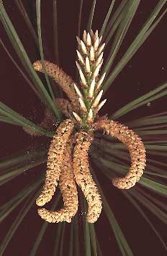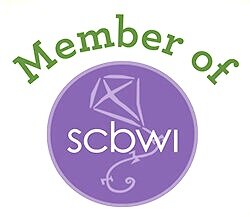This is the first in a series of blog posts with brief descriptions and suggestions for bringing the preschool experience into your home. The series will cover various teaching styles that help preschoolers blossom. Hopefully a little something for everyone. Today, Inquiry Based Learning.
Strong programs train teachers to ask questions and follow the child’s lead. Teachers will ask questions to figure out what a child knows about a topic without telling the child what you (the adult) already know. It’s so simple and yet it can be harder than you expect. It's a challenge to not share your knowledge. Once you see some of the creative thinking and the discoveries your child makes on their own, you will truly appreciate this technique.
Here is a simple example; a teacher shows the children a pinecone and asks what they think about it without explaining or correcting the children’s ideas.
Next children can paint or draw a picture of the pinecone, or use pinecones with other building blocks and materials.
If possible, the best follow-up would be to take a walk where children can observe pine trees.
Later a basket or nature table may have various pine needles, pinecones, and bark for touching and sorting. It takes practice for adults to step back and let children learn and discover.
I know of a child who found a one of the worm-like stamen strings from a Loblolly pine (see picture above) on the ground. He was convinced it was a caterpillar. Did the teacher correct him? No. She said let’s take it back to school and put it in the terrarium to see what it does. After some time, the child realized it was not a caterpillar on his own. He thought it could be something to do with seeds. He asked for help in researching pine trees. That child will know more about Loblolly pines than most adults because he discovered it for himself.
Inquiry-based learning uses questions to discover what children know and sometimes to give them ideas to explore. What it doesn’t do is tell or lecture to children. We don’t want to stop creative thinking and the natural questioning children do in regard to the world around them.
PAMELA EVANS
The Preschool Parent Blog
Inquiry Based Learning


